Education
Despite significant global challenges, more children attend school than ever before. With this progress comes the possibility of more integrated and effective development programming, where schools not only educate but also promote equality, social inclusion, and encourage better lifelong personal and economic outcomes for all learners.
Access to education is a fundamental human right. Improved education systems and programmes can promote lifelong learning, as well as emphasise gender equality, build social and financial inclusion, impact health outcomes, and improve development outcomes for the most vulnerable learners, including those affected by displacement, conflict and fragility.
Our work in education promotes a cross-sectoral, whole-child approach to measuring the effectiveness of education. Through learning partnerships and capacity building in monitoring and evaluation we provide data, information and evidence to our partners to improve the efficiency and effectiveness of education systems and programmes across the world.
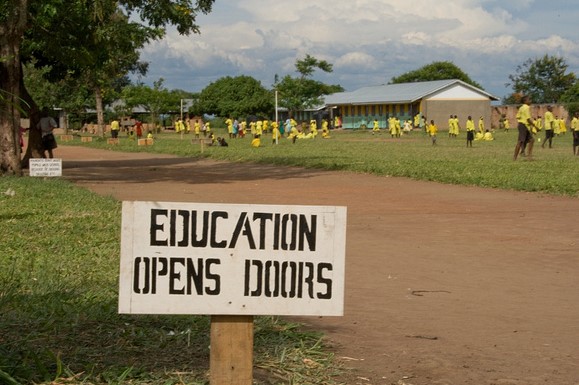
Design and implementation of the Global Partnership for Education Country-level Evaluations
Established in 2002, the Global Partnership for Education (GPE), formerly the Education for All Fast-Track Initiative, is a...
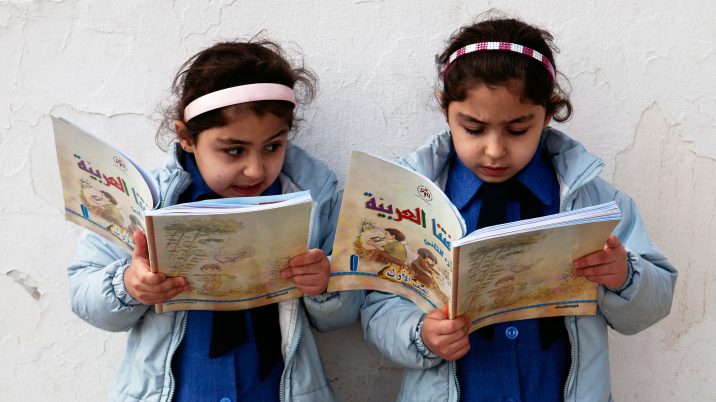
Evaluation of Girls’ Education Portfolio
Dubai Cares is a UAE-based global philanthropic organisation which aims to provide children in developing countries with...
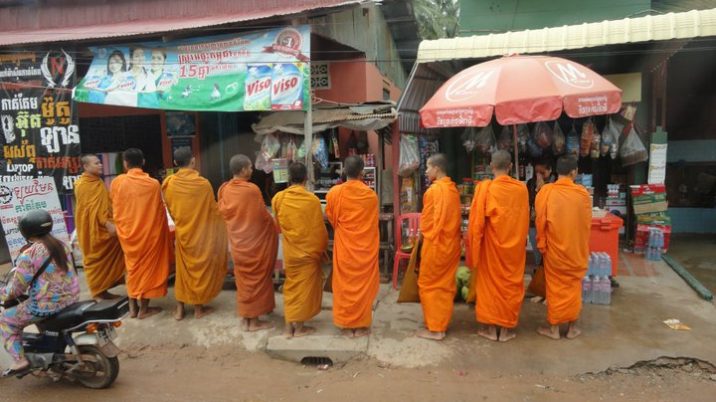
Monitoring education sector performance for Sida Cambodia
Itad is working with Sida to monitor education sector performance in Cambodia and to provide technical advice which...
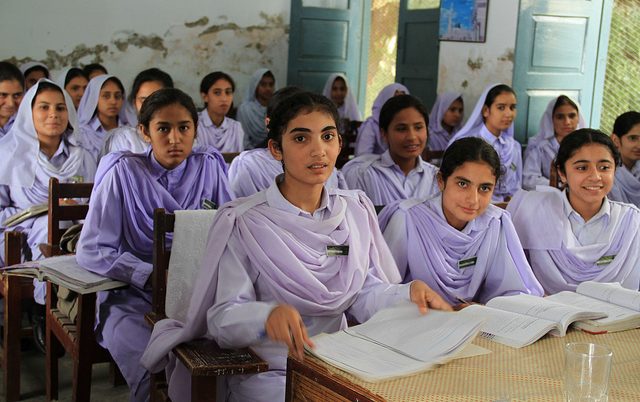
Technical Review of Learning Targets Approach for Highly Marginalised Girls
The Girls’ Education Challenge (GEC) was launched by the UK in 2012 as a 12-year commitment to reach the most marginalised...
Publications

GPE Country-level Evaluations – Final Synthesis Report
This report draws upon the summative and prospective evaluation reports for the 28 partner countries in the CLE (country-level...

GPE 2020 country-level prospective evaluation – Democratic Republic of Congo – Year 2
The purpose of the prospective evaluations is to assess whether GPE’s inputs and influence are orienting education sector...

GPE 2020 country-level prospective evaluation – Ethiopia – Year 2
The purpose of this prospective evaluation is to assess whether GPE’s inputs and influence are orienting education sector...

GPE 2020 country-level prospective evaluation – Kenya – Year 2
The purpose of the prospective evaluations is to assess whether GPE’s inputs and influence are orienting education sector...
Blogs and news
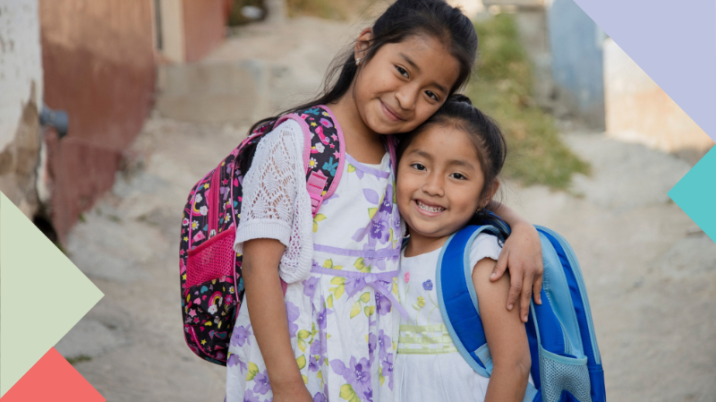
Promoting more equitable and ethical AI use
Our award-winning research is helping mitigate AI gender bias in one of Mexico’s leading education pilots and providing...

Four points to inform successful youth employment strategies
Insights from our work highlights common issues for those working on Africa’s youth employment challenge – and raises...
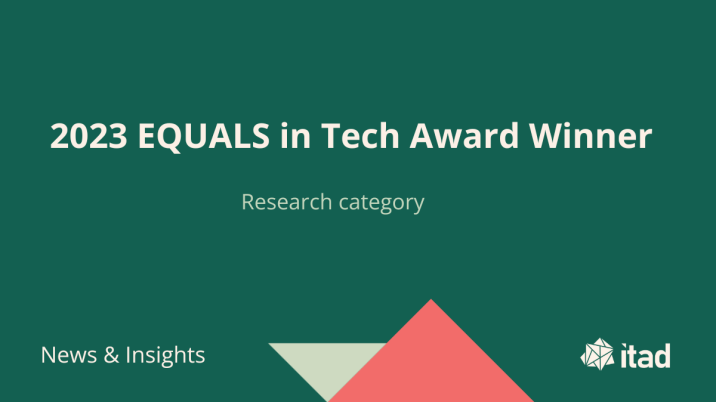
USAID’s Equitable Challenge project wins EQUALS in Tech Award
Itad, with consortium partners, has won the 2023 EQUALS in Tech Award in the category of Research for its work to address...

Mitigating AI gender bias in an international development context
Itad helped to mitigate AI gender bias in one of Mexico's leading education pilots - and provided important insights for the...

